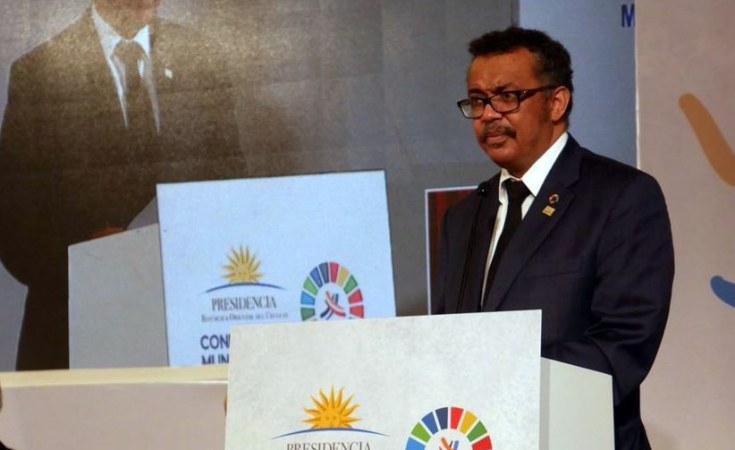Washington, DC — A few days ago, the 'insider' development news organization Devex gave the new Director General of the World Health Organization a thumbs up for his first 100 days in office.
He had announced a senior leadership team that was 60 percent women, representing all world regions. To the delight of women's global health leaders and experts in maternal/child health, he appointed a nurse - Elizabeth Iro of the Cook Islands - as WHO's first chief nursing officer. He fast-tracked a strategy for meeting global health challenges and mobilizing the resources to achieve them. He made universal health coverage his priority, with a focus on delivering care to the world's poorest people.
He appointed Pakistani Dr. Sonia Nishtar - who was a lead rival for the director general's post - to head a commission on non-communicable diseases, such as heart disease, cancer and diabetes, which are taking an increasing toll on health in developing countries, as well as wealthier ones.
Tedros is the first African head of WHO. He was elected by its members - the world's nations - after a hard-fought campaign, where candidates from Europe got strong backing from their countries. Health planners were hopeful that the organization would not be caught behind the curve of the next potential - many say 'inevitable' - global pandemic, as it was for Ebola.
Disbelief over Mugabe appointment
And then.
At a meeting on non-communicable diseases in Latin America, Tedros announced the appointment of 93-year-old President Robert Mugabe, who has ruled Zimbabwe since 1987, suppressing opposition as the country's economy plummeted and unemployment rose to 95 percent.
Zimbabwe's Community Health Working Group on Health reported this month that spending on public health is among the lowest in southern Africa and is dropping.
The outcry over Mugabe's WHO appointment by Tedros was immediate, from both global health experts and human rights leaders. Questions of "What was he thinking?" from supporters have been accompanied by calls for his resignation. Twitter was abuzz with appeals to Tedros to rethink. And he did.
Yesterday @DrTedros tweeted: I'm listening. I hear your concerns. Rethinking the approach in light of WHO values. Today, he rescinded the Mugabe appointment.
The strength to listen, respond
Today, in a statement issued from WHO headquarters in Geneva, Tedros announced the change and said, " I have also consulted with the Government of Zimbabwe and we have concluded that this decision is in the best interests of the World Health Organization." What is important, he said, is to unite around the issue of bringing health to all. "I thank everyone who has voiced their concerns and shared their thoughts," he said. "I depend on constructive debate to help and inform the work I have been elected to do."
More on NCDS: AllAfrica Launches Information Initiative for Non-Communicable Diseases
The responses have been swift and predictably mixed. Many on Twitter have said the appointment had called into question Tedros's judgement and his qualifications to lead WHO. Other were relieved, and some of the prominent world thinkers on health who had been most outraged, like Richard Horton, currently editor-in-chief of the British medical journal The Lancet, tweeted @richardhorton1:
WHO has rescinded its appointment of Robert Mugabe as Goodwill Ambassador. The right decision. Thank you Dr Tedros. Strong leadership.
The challenge for Tedros now is to move past this controversy to implement the bold programme he has outlined. The danger is that an early miss-step can shadow the future battles that must be fought to reform the organization and make it nimble, responsive and accountable to the world's people. The poorest and the sickest among us - and all who believe in equal access to health services - can hope that Horton is right - that the ability to listen to criticism and respond promptly is a manifestation of the strength and leadership needed for this historical moment.


